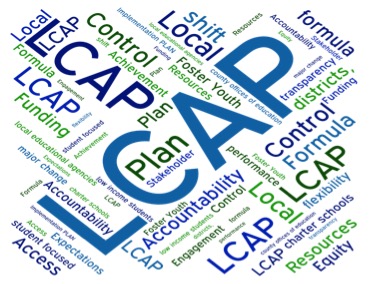Ever since I can remember, I always played the role of a leader. In elementary school, I decided to be a part of my student government and was fortunate enough to hold a spot on the executive board. In middle school, I was a National Honor Society board member, and in high school, I was a part of our school’s student council for the majority of my high school career. I was class president for both my junior and senior year. When I became involved with our school’s ASB, I felt the need to voice and represent all students in my high school. I was asked by an amazing counselor, Mr. Michael Murray to be a part of a committee that was going to interview those who were interested in being an Assistant Principal at my high school. In being a part of the hiring committee, I realized that our voice as students was not only immensely valuable but also experienced the power of having a seat at the table and being the voice that represented my classmates as we selected new leadership that would impact our entire high school journey. It was opportunities like these that served as a reminder that as a student leader, it was my responsibility to not take for granted my seat at the table.
A few weeks after participating in the hiring committee, a new opportunity arose for two students to serve as student representatives in the Local Control Accountability Plan (LCAP) Committee developed by the district. Given my active participation and engagement with the selection process of hiring new leadership at my high school, my principal recommended me to serve on the LCAP committee. This committee was represented by four important stakeholders in the district: teachers, students, district employees, and parents. As a student, I had never put much thought into how our input or insight as student was taken into consideration when developing a strategic plan for our district. From the start of our first committee meeting to a few meetings later, I found myself becoming more and more immersed into discussions with teachers and district staff, sharing as much as I could from the student point of view. Whenever two groups were in disagreement, I found myself redirecting their conversations to be refocused on students, as I wanted to make the best use of my position as a student representative in that space. Serving as the voice for thousands of students was draining, but it was worth every second. I was able to make teachers understand why we needed more field trips and parents acknowledge that we needed more technology, while also having district staff realize that making decisions with student input could really be the secret ingredient.
Having a seat at the table at such a young age was an eye-opening experience. I realized that what made this committee so special was that as a student, I was engaging in discussions about action plans that would affect my classmates as well as generations to come. Just the thought of my voice being as valuable as that of a middle school principal within the same committee was a reminder of the power of our voices as students.
As a member of this committee, we were all there for the same reason — to develop a strong foundation for our district to provide the best services available to all students. While this opportunity meant volunteering our days and being seated for hours until we had a final draft of what we wanted to present to our school board, it was an experience that put into perspective how much can be accomplished if all stakeholder voices, including students are being heard. When those of us who want to get involved in educational policy are given the opportunity to do so, we can have amazing results. Still, it will be up to us as students to be proactive and not simply wait for those opportunities to become available. We are often the topic of discussion so it is important that we don’t take our voices for granted because we matter.

